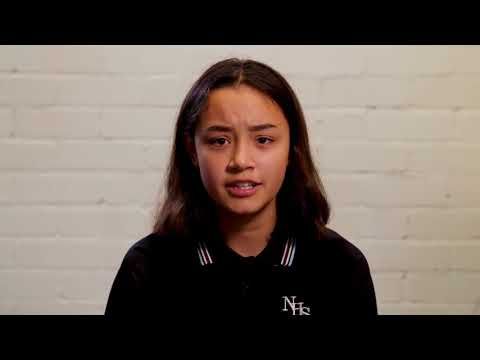Selfies and your child
Young people's love of posting photos of themselves and their lives is deeper than you think. Selfies can play an important role in developing a young person's self-confidence and identity.
The rise of the selfie
Selfies are not new. Self-portraits have been around a long time in art and photography. Over time, technology has made it easier to capture photos of ourselves.
Self-timers, photo booths and instant cameras made it possible to take selfies decades before the front-facing cameras on smartphones allowed the selfie phenomenon to take off.
Today lots of apps (such as Instagram, Snapchat and A Color Story) are designed to help you take interesting and unique selfies. They also include filters and creative options for changing your appearance.
Selfies and self-confidence: creating a positive identity
There are millions of photos tagged #selfie and #me on Instagram. While it might seem that young people are obsessed with documenting themselves, selfies can be a positive part of discovering identity.
Young people value taking and sharing selfies as an important way to express themselves and connect with friends online. Selfies can help young people to:
- figure out more about who they are
- capture and share memories of exciting and important events
- connect with their friends and peers
- have fun and express themselves.
Parents can help their children build a positive online presence by talking to them about the positive and negative impacts selfies can have on self-confidence.
Consider discussing topics such as:
- having fun and taking photos together
- what healthy online relationships look like
- balancing social media with offline interests
- what their definition of ‘oversharing’ is
- how to create a positive ‘personal brand’
- how to control and delete comments and posts that can appear on your social media networks. Visit the Office of the eSafety Commissioner's eSafety Guide
- places to get support (other than the social media platform they're using). For example, the Office of the eSafety Commissioner, Kids Helpline, Headspace, Be You and ReachOut.
Risks with sharing selfies online
There can be risks associated with taking and sharing selfies. If your child faces harassment or humiliation as a result of a selfie (or other social media posts), visit the guide to cyber bullying for parents by the Office of the eSafety Commissioner.
Watch the video You're Wonderful from the NSW Department of Education. It addresses the power of positivity to drown out bullying.

You're Wonderful
Related information
Life Ready – Independence learning context is a 50-minute activity for face-to-face teacher delivery. This resource is one of a collection of learning and teaching activities prepared for the Life Ready course. These have been written for teachers to deliver the activities through timetabled lessons, seminars or on camp. Teaching notes and resources are included.
Teachers can use the Love Your Body Week resource kit from Butterfly to plan activities that promote body confidence.